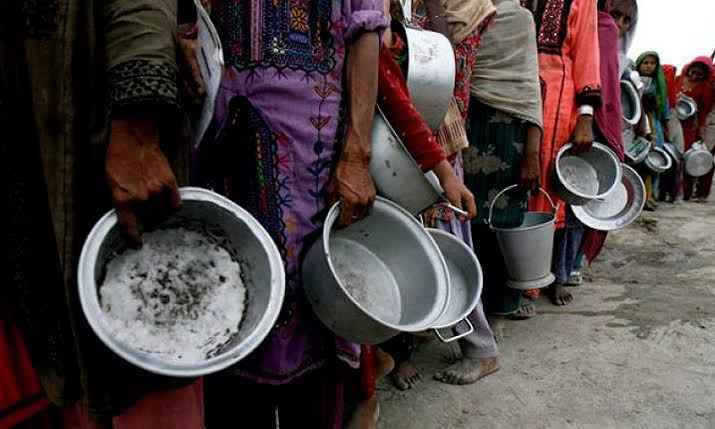News
Over 130 million Nigerians still live in poverty – World Bank

The World Bank has revealed that approximately 139 million Nigerians are currently living in poverty, highlighting the persistent socio-economic challenges facing the country.
Speaking at the launch of the Nigeria Development Update (NDU) report in Abuja on Wednesday, the World Bank Country Director for Nigeria, Mathew Verghis, acknowledged that the Nigerian economy is beginning to show signs of stability, thanks to ongoing reforms.
Verghis commended the government for implementing bold economic measures but cautioned that the positive effects of these reforms have yet to reach the majority of citizens, emphasizing the need for more inclusive growth strategies.
“Over the last two years, Nigeria has tremendously implemented bold reforms — notably around the exchange rate and petrol subsidy,” Verghis said.
“These policies have laid the foundation for transforming Nigeria’s economic trajectory for decades to come.”
Verghis acknowledged that the reforms are beginning to yield macroeconomic results, including rising revenues, improving debt indicators, stabilising the foreign exchange market, growing reserves, and a gradual decline in inflation.
“Growth has picked up, revenues have risen, debt indicators are improving, the FX market is stabilising, reserves are rising, and inflation is finally beginning to come down. These are big achievements, and many countries would envy them,” he said.
Despite these gains, the World Bank warned that millions of Nigerians are yet to feel any real improvement in their daily lives.
“In 2025, we estimate that 139 million Nigerians live in poverty,” Verghis disclosed. “The challenge is clear: how to translate the gains from the reforms into better living standards for all.”
The new NDU report, titled “From Policy to People: Bringing the Reform Gains Home,” outlines a three-point strategy to help Nigeria bridge the gap between economic stability and social welfare taming inflation, improving public spending efficiency, and expanding social safety nets.
Verghis emphasised that food inflation remains one of the biggest threats to reform success and public confidence.
“Food inflation affects everybody, but particularly the poor, and it has the potential to undermine political support for reforms,” he cautioned.
“Tight monetary policy is important, but it must be complemented by structural reforms to address deep-seated supply and market constraints.”
He further stressed the importance of efficient resource use and inclusive programs that cushion the impact of economic adjustment.
“These are not abstract ideas they are practical steps that can turn macro-stability into better livelihoods,” Verghis said.
The World Bank, he added, remains committed to supporting Nigeria through policy advice, technical assistance, and financing aimed at ensuring that the gains of reform “reach every household, not just the headlines.”





















